SUKKUR: Misinterpretation in figures of National Finance Commission (NFC) award in provinces’ shares is challengeable due to its lack authenticity.
Sukkur IBA Uni
versity acting Vice Chancellor Zahid Hussain Khan, addressing a seminar on resource distribution and NFC Award, said that around 82 percent of the NFC Award is based on population but there were other factors as well such as poverty and expenditures.
He said that in our country we lack authenticity of data and referring to the recent census he said, we have a populatio
n of 200 million and Sindh was still not satisfied with the results. National Dat
abase and Registration Authority’s (NADRA) data is sufficient enough but not being utilised properly, he said.
The tax and revenue collection is a mess as there is no authentic data available, Khan remarked. He said that the revenue collected from toll tax w
as considerable but most of it was lost due to corruption. Khan said that it was possible to design comprehensive software that would ensue all tax collection would go into the national exchequer.
Economist Dr Qaiser Bengali said that during his tenure as economic advisor to the Sindh Chief Minister, he approved all projects of Sukkur IBA Uni
versity without any hesitation as he knew that the money was going to be spent for its development.
Speaking about the devastating 2010 floods, he said that funds to almost all departments were cut as result, except, Thar Coal, Sindh Assembly and Sukkur IBA Uni
versity. He also expressed his satisfaction over the pace of academic and structural development at Sukkur IBA Uni
versity.
He said that NFC Award was distributed on the basis of population, resulting in Punjab getting 57 percent of it, he said.
He also said that Punjab was against NFC and did not want to change its pattern and thus resorted to delay tactics. He said that when finally a committee was formed to look into the matter it did not do much but waste time.
When NFC was reconstituted in August 2009, the then Sindh Chief Minister Qaim Ali Shah formed a ministerial committee to finalise the process, Bengali said. Back in 2000, when the federation needed extra money, it levied GST on services, but, according to the constitution, no GST can be levied on services, he said. Regardless, the federal government asked all the fou
r-provincial government to adopt a law, allowing FBR to collect GST on services. The amount collected went to the divisible pool, due to which 57 percent went to Punjab, while Sindh got 20 percent and Baluchistan only five percent, he explained.
Others who spoke on the occasion included: Uni
versity of Baluchistan Associate Professor Dr Wasim Shahid Malik, Pakistan Institute of Development Economics Associate Professor Dr. Mahmood Khalid, Sukkur IBA Uni
versity Head of Department of Business Administration Dr Niaz Ahmed Bhutto, Sukkur IBA Uni
versity Assistant Professor Dr Sheraz Mustafa, Quaid-e-Azam Uni
versity Associate Professor Dr Tariq Majeed and Uni
versity of Balochistan Associate Professor Dr Jahangir Achackzai.
Published in Daily Times, October 9th 2017.

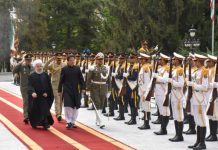



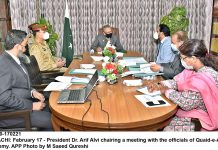
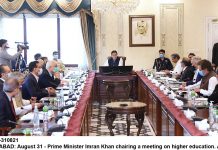

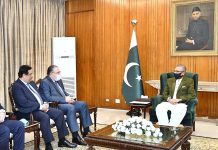
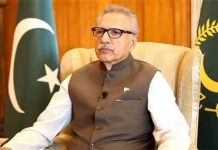

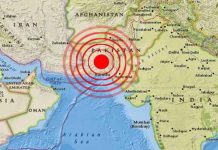
.jpg)
.jpg)
